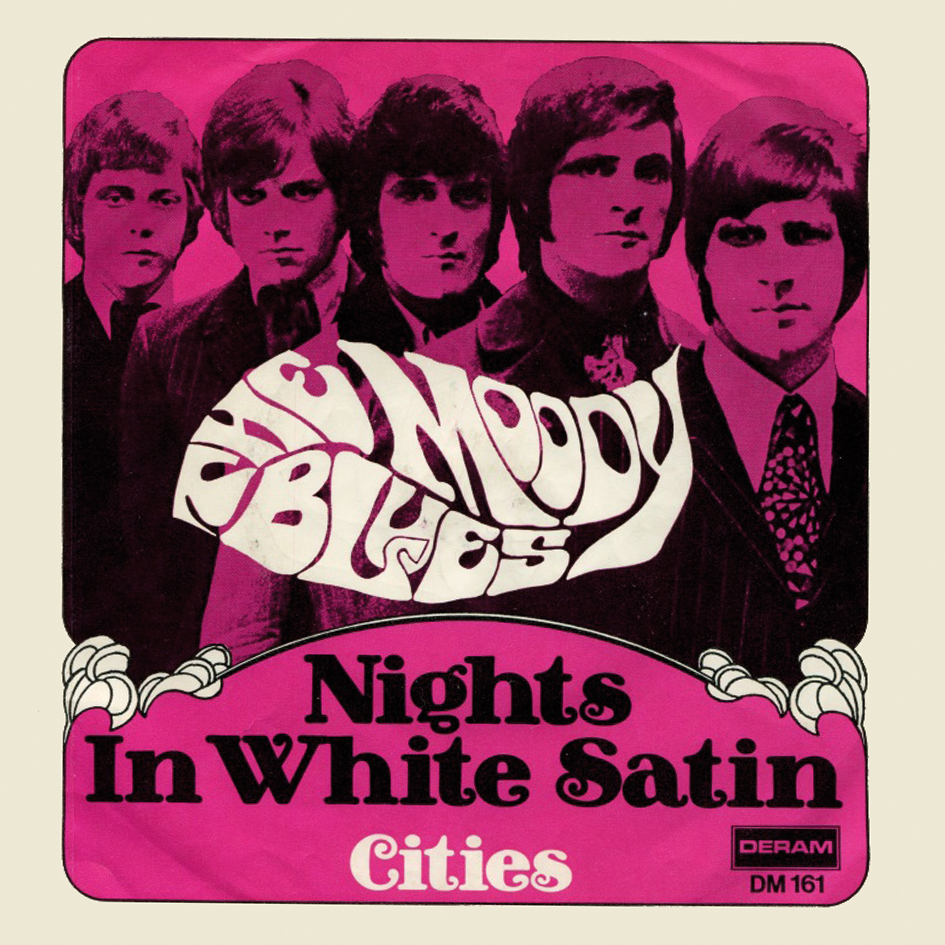Magical Mystery Tour |
 |
Released: November 27, 1967 Peak: 18 US, 31 UK, -- CN, 48 AU Sales (in millions): 6.0 US, -- UK, 10.0 world (includes US and UK) Genre: classic psychedelic rock |
Tracks: Song Title (Writers) [time] (date of single release, chart peaks) Click for codes to singles charts. You can check out the Beatles’ complete singles discography here.
Songs by John Lennon and Paul McCartney unless noted otherwise. Total Running Time: 36:35 The Players:
|
Rating: 4.389 out of 5.00 (average of 27 ratings)
Awards: (Click on award to learn more). |
About the Album: In the U.K., a double EP (the first six songs on this collection) was released as the soundtrack for the Beatles’ “ill-fated British television special” AMG Magical Mystery Tour. Paul McCartney envisioned a film that combined LSD proponent Ken Kesey’s “idea of a psychedelic bus ride with McCartney’s memories of Liverpudlians holidaying on coach tours.” WK The EP reached #2 in Britain, peaking behind the Beatles’ “Hello Goodbye.” The new recordings were in the same vein as the studio experimentation and psychedelic sound of Sgt. Pepper’s Lonely Hearts Club Band, released that same year. However, the sessions for Magical Mystery Tour were characterized as “aimless and undisciplined” sup>WK and George Martin, the band’s producer, distanced himself from the Beatles at the time, considering the recording process “disorganized chaos.” WK “The psychedelic sound is very much in the vein of Sgt. Pepper [released earlier that year] and even spacier in parts (especially the sound collages of ‘I Am the Walrus’). Unlike Sgt. Pepper, there’s no vague overall conceptual/thematic unity to the material, which has made Magical Mystery Tour suffer slightly in comparison.” AMG “Magical Mystery Tour” The title song for the soundtrack was used in a similar fashion as the title cut had been for Sgt. Pepper’s: “to welcome the audience to the event.” WK “The Fool on the Hill” McCartney wrote the melody for piano ballad The Fool on the Hill during the sessions for Sgt. Pepper’s, but didn’t finish the lyrics until September. The song has been interpreted as being about a solitary figure left adrift from his unwillingness to engage in society. WK “Flying” “Flying,” an instrumental, was significant as the first Beatles’ song to be credited to all four members. Originally called “Aerial Tour Instrumental,” it appeared in the film over cloud footage and outtakes from the movie Dr. Strangelove. WK “Blue Jay Way” George Harrison’s “Blue Jay Way” was named after a street in the Hollywood Hills of Los Angeles. The song has been described as Harrison’s “farewell to psychedelia” because he sought an alternative to hallucinogenic drugs through Transcendental Meditation. “Your Mother Should Know” McCartney’s “Your Mother Should Know” was crafted in a music hall style, similar to what had been done with “When I’m Sixty-Four” from Sgt. Pepper’s. “I Am the Walrus” This was John Lennon’s main contribution to the film. The song was inspired by his LSD experiences, the writings of Lewis Carroll, and a nursery rhyme from his school days. A fan wrote Lennon a letter saying his high school English teacher was doing scholarly interpretations of the Beatles’ song lyrics so Lennon deliberately set out to write a song “that would confound analysis from scholars and music journalists.” WK That didn’t stop them from analyzing the song, which has been describe as the “ultimate anti-institutional rant – a damn-you-England tirade that blasts education, art, culture, law, order, class, religion, and even sense itself.” WK Rounding Out the Album “I Am the Walrus” was also used as the B-side for Hello, Goodbye, the single released at the same time as Magical Mystery Tour. In America, that song, plus the Penny Lane / Strawberry Fields Forever and All You Need Is Love / Baby, You’re a Rich Man singles were added with the EP to make for a full-length album. These were “huge, glorious, and innovative singles.” AMG The album charted as an import in the UK in 1976, but wasn’t officially available until the 1987 CD and the full-length American album was put out as the official worldwide release.
Notes: The UK chart info is for the import album. |
Resources and Related Links:
Other Related DMDB Pages: First posted 3/24/2008; last updated 9/4/2021. |











